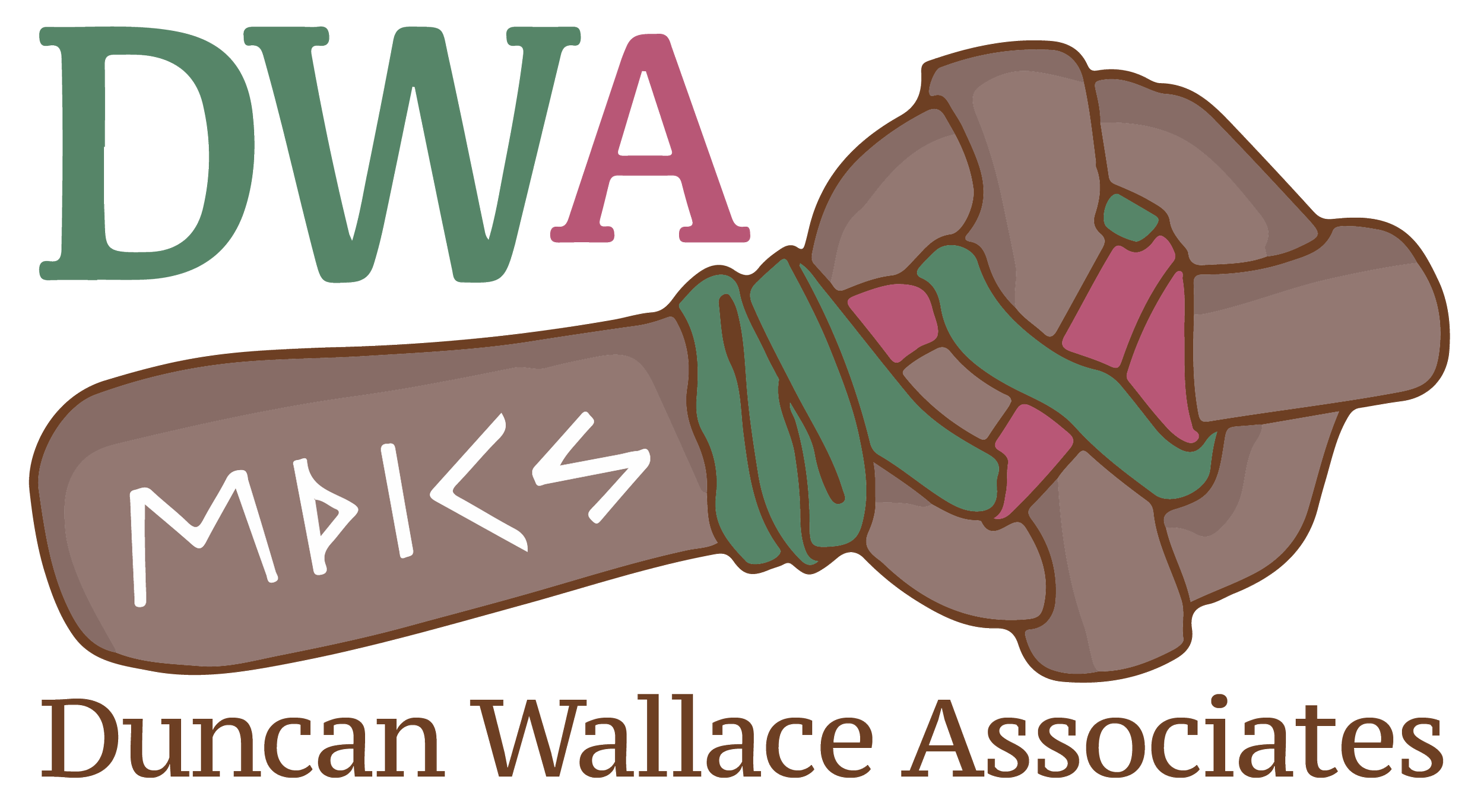Implementing Hybrid Work Patterns – Carnegie Case Study
Carnegie is a leading social research organisation, which aims to bring better collective wellbeing to everybody in the UK and Ireland. With the support of PlacesWork, they are now able to operate fully with hybrid working patterns and connect with people both nationally and locally through hybrid meetings.
Hybrid Working for Social Research Organisations
Going hybrid was a logical step for an organisation like Carnegie. They had already established policies and protocols for hybrid working as they are a very flexible employer with high skills around trust and enablement in their team.
As a social research organisation, Carnegie was already aware of the realities of inclusion, participation, involvement and development aspects of meetings. And hybrid working makes absolute sense for organisations like heirs, as outlined in our video with Lorraine Simpson of The Lines Between:
Going 100% Hybrid
After attending one of our public webinars, we were brought in to deliver a tailored 1-hour workshop on hybrid working to be attended by all members of staff.
Following this, we supported Carnegie with their offices in Dunfermline, helping them convert their rooms for hybrid meetings. We will also continue our support over a further six months to help them get used to planning, operating and running hybrid meetings.
Making Hybrid Work for Your Team & Organisation
The starting point for Carnegie was one where they already understood the hybrid working pattern desires and different configurations. They had also already bought the equipment needed for it.
It was about making hybrid work for their teams and organisation as a whole, as well as implementing hybrid work patterns with all their practicalities.
Carnegie not only asked their staff what they needed and wanted from hybrid working. But they also asked what makes a great day in the office for them. Unsurprisingly, there was a huge consensus among the staff with everyone responding the same way.
This helped a lot when implementing hybrid working patterns as Sarah Davidson, CEO of Carnegie, confirms:
“Our hybrid model is going well. You’ll recall that we centred the “what makes a great day in the office for you?” question and so far it seems that people are getting their version of that. It’s certainly working much better for me. I’ve not yet quite managed to implement the diary discipline to ensure that I am always doing the right things in the right places, but it’s a work in progress.”
Lasting Impact of Hybrid Working
One year later, we caught up with Carnegie and we were thrilled to see the lasting impact that going 100% hybrid has had for them.
They have:
Introduced a formal hybrid working policy with staff asked to come into the office for two days and the office open for the rest of the week.
Offered £100 per month to every employee, redeemable against the costs of co-working spaces if they choose not to come into the office or work from home.
Established a corporate membership at a co-working space in central Edinburgh.
Created a new flexi-time policy to allow staff members to work the hours that suit them, with core hours of 10:30am - 3:30pm.
Continued to look into ways to invest in technology to allow their board meetings to be more accessible for those joining via Zoom.
We were pleased to hear from the head of corporate services at Carnegie who said:
“Most of our meetings still tend to include a hybrid element, but I think we are so used to this now that it has become normal… All in all, I think we are all now settled into this new way of working and on the whole, it is working well.”
We have been proud to work with Carnegie and to have helped them implement hybrid work patterns and influence others in becoming 100% hybrid.
This is part of a series of case studies, showcasing how organisations regardless of sector or size can benefit from implementing hybrid work patterns. Read our Scottish Renewables case study on hybrid meetings as a membership organisation and our Care for Carers case study.
